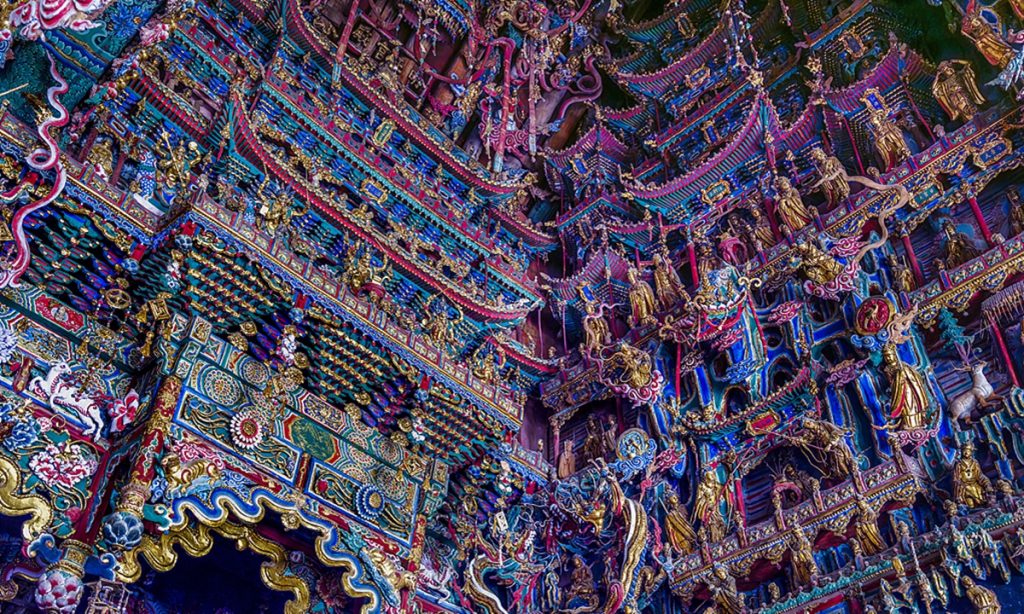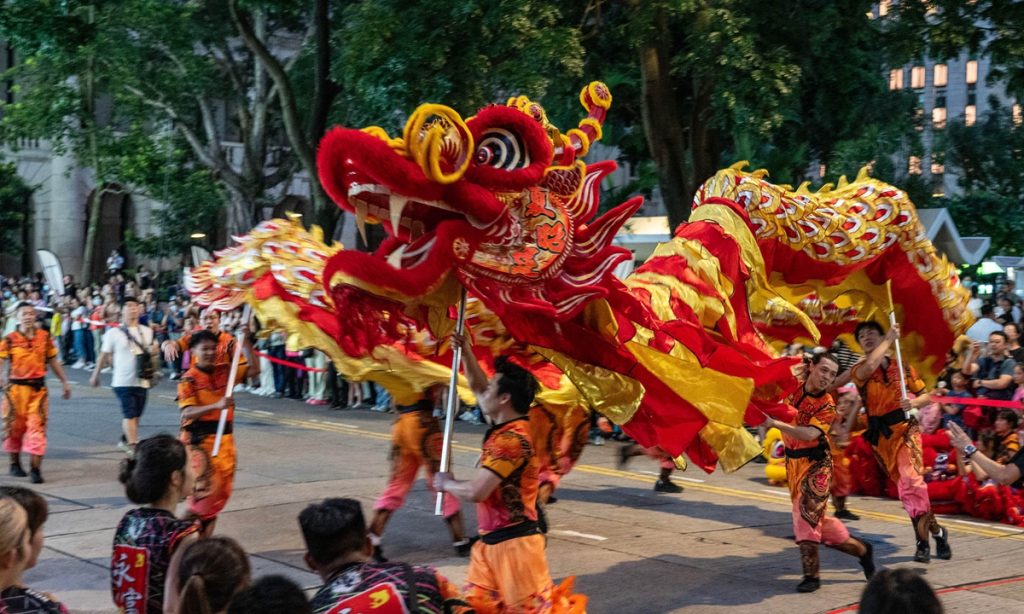Magic carnival in Beijing unites cultures through tourism and performance

The 2024 12th China Beijing International Magic Carnival and World College Magic Exchange Convention kicked off in Beijing's Changping district on Friday. The event features promotional activities, hiking tours, and performances by magicians from China, Germany, the US, and Argentina, offering a top-tier magical showcase.
“As a key platform of Beijing's role as a national cultural center and an international exchange hub, Changping aims to use magic culture as a medium to create a ‘golden business card’ for international cultural exchange,” said Zhi Xianwei, mayor of Changping district.
Zhi briefed Changping’s rich history and deep cultural heritage. He extended a warm invitation to artists and university students from around the world to visit Changping, encouraging magic as a medium for deeper cultural exchanges and collaboration.
During the event, a series of magic performances and cultural activities were presented, with magicians from various countries presenting their talents to an audience of university students.
At the close-up magic show, American magician Bill Bentz performed a magic trick using three ancient Chinese coins he collected during his first visit to Xiamen, Fujian Province. As the coins moved between his hands, the audience, particularly the students, watched in awe.
“When I first saw these three Chinese coins, I knew I wanted to use them in a performance in America. I’m proud to celebrate China’s traditional culture,” Bill said.
In recent years, the blending of disciplines has become more prevalent in cultural tourism. With its flexibility and adaptability, magic has seamlessly integrated into various cultural and tourism contexts into various cultural and tourism contexts.
Tang Yanhai, secretary of the Chinese Acrobats Association, noted that the magic carnival not only adheres to international standards by hosting high-level exchange activities but also explores new paths for industry integration, combining the magic experience with cultural and tourism consumption, and creating new cultural tourism experiences.
Jin Chutong, a Beijing-based folk magician and magic instructor, told the Global Times that Chinese folk magic is an important part of the country’s cultural heritage.
“Over the years, I’ve seen magic expand beyond theater into tourist attractions and cultural activities, offering audiences more opportunities for close-up experiences. This integration has created more performance opportunities and brought magic into everyday life,” Jin noted.
“Magic requires both innovation and preservation. I hope more young people will join the field and revitalize Chinese folk magic in the modern era,” he added.


